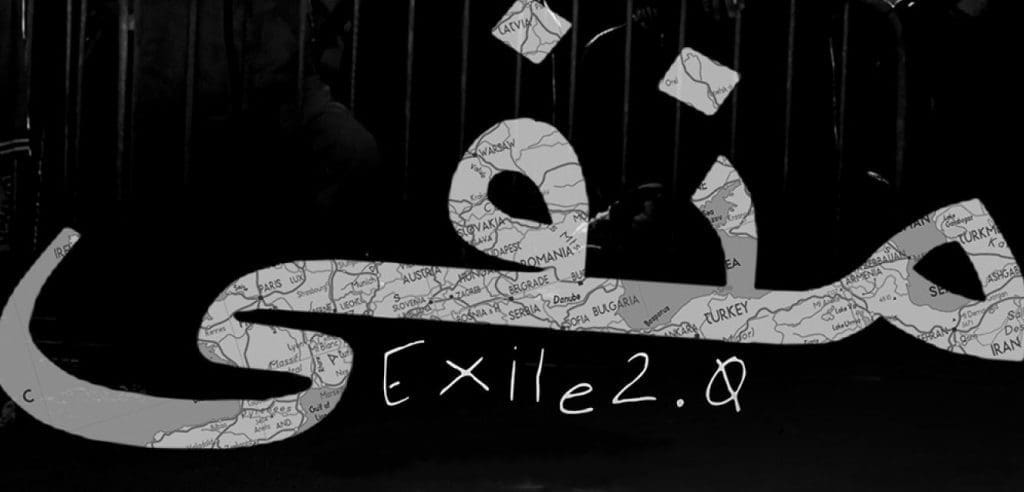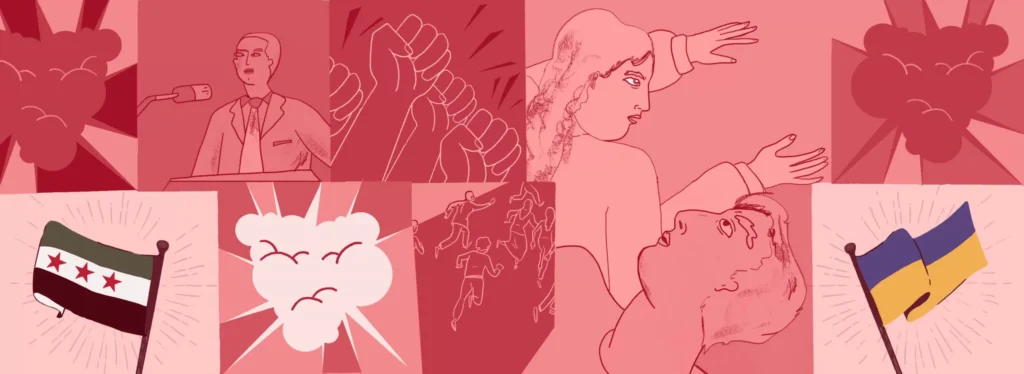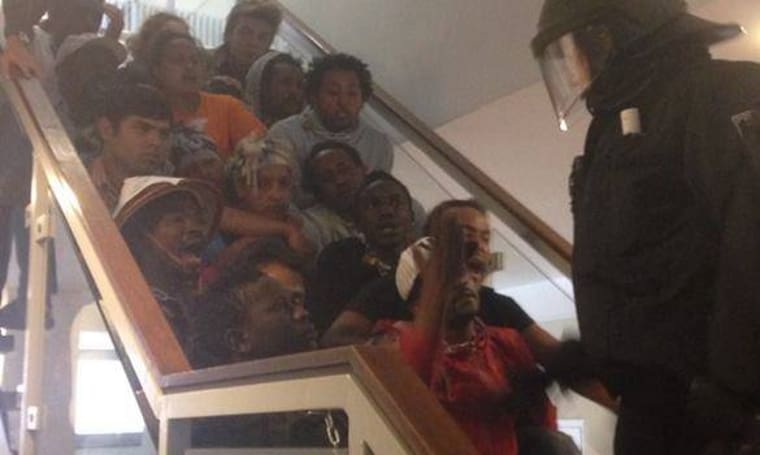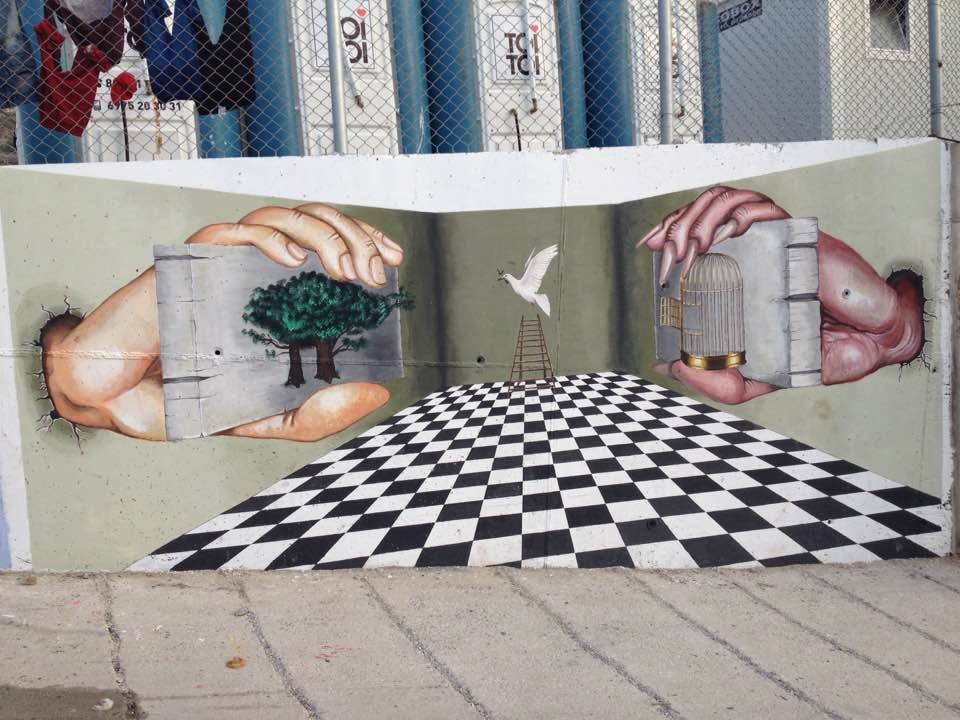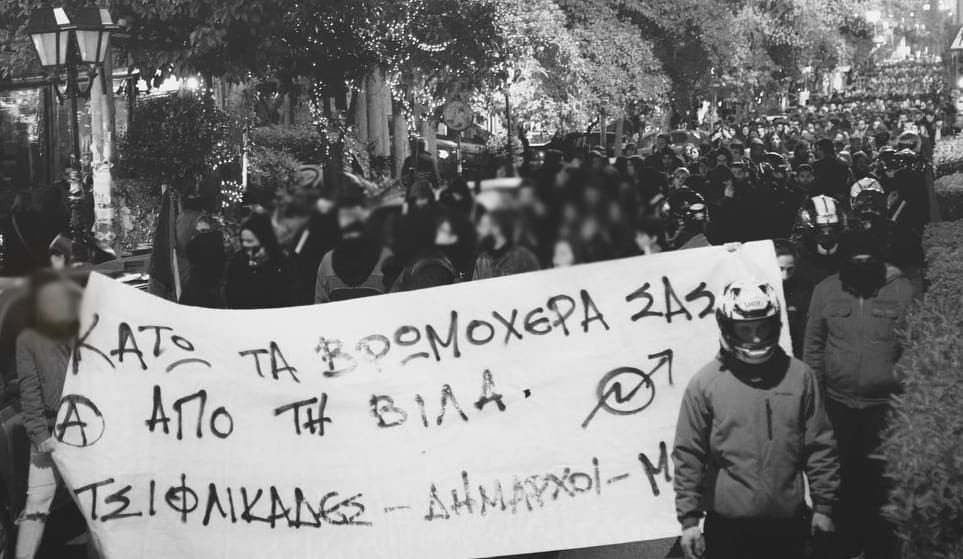AntiNote: Just a few days ago, French independent filmmaker Félix Brassier uploaded to YouTube the first chapter of what he describes as a much bigger project for which the work continues.
Working mostly alone aside from spontaneous traveling companions, he followed the so-called Balkanroute backwards from Croatia to southeastern Turkey last winter, and then returned via the overland route through Bulgaria and Serbia, spending time working and filming at many autonomous, self-organized transit points along the way. The result is one of the most thorough and moving documents of the border crisis of 2015-2016 that shattered so many lives and permanently altered so many others, from the ground-level perspective often left out of much of the reporting around the crisis as it was happening.
Of course, it is wrong to refer to this crisis in the past tense. Indeed, it is hard to believe that a year has passed since the morbidly photogenic drowning death of a lone child brought this epochal migration (at that point already long underway) to the world media’s fickle attention, and that this is where we are now: tens of thousands of people—men, women, and children—in cages in Greece, with hundreds more arriving on the frontier islands every day; further untold thousands stranded on the dangerous margins in Bulgaria and the countries of the former Yugoslavia, attacked by police dogs (literal dogs or nationalist gangsters, take your pick) if they persist in trying to advance into safety; thousands more camped on borders throughout the continent from Como to Calais; Turkey—currently “home” to over two million Syrian refugees—on the brink of complete social and political collapse…
And since about March, when the European Union and Turkey “solved” the crisis, nobody has been looking that hard at it.
So as we approach the anniversary of the hideous murder (we use this word advisedly) of Aylan Kurdi and presumably another feeble flurry of superficial remembrances in the media, let us use this time to truly take stock of this past year—for those of us who spent time on the Balkanroute for sure, but also for those not yet directly affected by the mass migrations that will characterize this century but wondering what it will look like when they inevitably are. Exile 2.0 is an excellent place to start.
We present the English version here with the filmmaker’s conditional permission. Some of the people who appear here could be put at risk by the widespread exposure of their work, their faces and locations, something of which both they and Félix are painfully aware. But the internet is the internet, of course, and since Félix has posted the film in multiple places including his own blog (where the French version is also available), trusting his followers to be relatively discreet, we feel free to trust our followers just as far. Please share with the filmmaker’s intentions in mind: to help, not hurt, his subjects.
Update 2023: This film has been made private by its creators, but is worth seeking out and obtaining on terms acceptable to them.

